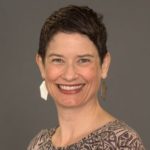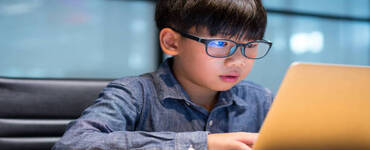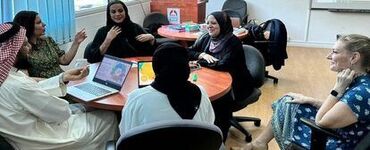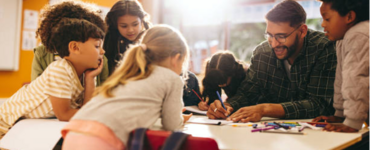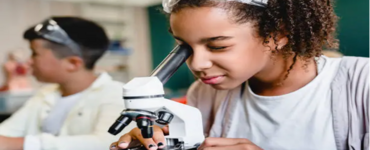Welcome to Volume 40, Issue 2 of MinneTESOL Journal! This issue explores topics directly related to classroom practices, teacher education programs, and state-wide support for multilingual learners. Please enjoy and share with your colleagues.
Jeanne Beck and Ali Garib’s article, “Project-based learning with young multilingual learners: Standards and support” shows how effective project-based learning can be carried out with even the youngest multilingual learners (MLs). With project-based learning, students learn interactively by applying knowledge and gaining skills through experiential activities. This article describes and reflects on how an elementary ML teacher, the first author Jeanne Beck, created a project for first- and second-grade MLs in the U.S. The authors explain how this project helped develop the skills students needed for their EL summative assessment.
In “Learning to teach science to multilingual learners: A study of preservice teachers,” Walter Aminger presents his research on what secondary science teachers learned about effective instruction for MLs during a 13-month, post-baccalaureate teacher education program. Findings indicate that education courses and field work experiences can strengthen preservice teachers’ understanding of effective science instruction for MLs.
“Multilingual learners in Minnesota: A survey of statewide support,” by Merissa Russie, Ashley Karlsson, Jurana Aziz, and Kendra Katnik, describes how a collaborative research team administered a survey to gauge levels of support for multilingual learners across Minnesota. The article presents data on key areas of policy implementation, professional learning, and English learner support as reported by survey participants and offers suggestions for continued improvement across the state.
Finally, Michelle Benegas reflects on her recent experiences as a teacher educator in Bahrain in “Professional exchange and personal growth: An English Language Specialist’s journey to Bahrain.” She shares her realizations of the impact of cultural exchange on personal and professional development. Benegas’ recounting of her experiences emphasizes the importance of educational diplomacy in fostering global understanding and cooperation, offering valuable lessons in open-mindedness and intercultural engagement.
Please enjoy these articles, share them with your colleagues, and stay connected to our MinneTESOL Journal community by following the journal on Facebook.
